What is endoscopy?
Endoscopy is a diagnostic procedure that involves close examination of hollow internal organs from the inside instead from the outside. The purpose of this procedure is to take a close look at the internal organs and possibly to collect samples for biopsy, in order to be able to positively diagnose a health issue.
The main instrument used for endoscopy is called endoscope and it includes a long, flexible tube that can easily be inserted through the mouth or the rectum. The tube has a small camera attached to it and possibly some medical instruments that may be needed for the procedure, such as clippers for collecting tissue samples.
When talking about endoscopy, most people actually think of upper endoscopy, which examines the gastrointestinal tract. It is also called esophago-gastro-duodenoscopy. Since this procedure observes the esophagus, stomach and intestines, it is logical that all the food contents found in there can actually be in the way of a clear view, which means that certain dietary preparation for the procedure is necessary.

Diet before endoscopy
Diet before endoscopy depends on the specific type of the procedure and the organs that are scheduled to be observed. In upper endoscopy, which examines the gastrointestinal tract, it is necessary for the stomach to be completely empty. Patients should be informed in detail about the procedure and that information includes instructions about what to eat and when.
- Abstinence from solid food at 24 hours prior to colonoscopy was proven to yield significantly good bowel cleanliness during this study; but this meant that patients were not allowed to have two other main meals (ie, lunch and dinner).
- Abstinence from solid food at 14 hours prior to colonoscopy also resulted in significantly good bowel cleanliness during the procedure, and it led to a good completion rate of 82%. In this group, patients were allowed to have all three main meals a day prior to the colonoscopy (ie, breakfast, lunch and dinner).
In most cases, the patients are instructed not to eat or drink anything for six hours before the procedure. Certain medications have to be held off until the procedure is over and it is necessary to talk about that with a doctor or a nurse. Some medications that must not be skipped can be taken with a small sip of water. People who take insulin for diabetes may have to adjust the dosage the day of the procedure.
After endoscopy
Endoscopy can be done under local or total anesthesia. In any case, anesthetics are used to prevent pain and discomfort associated with this procedure. After the procedure, the patient will not be allowed to drive or operate heavy machinery for at least one day, which is why it is necessary to arrange for someone to take the patient home.
Patients are usually advised to stay in a recovery room for an hour or two after endoscopy, after which they can return home. Some temporary discomfort or soreness is to be expected, especially in the throat. Mild nausea and bloating are also normal side effects of endoscopy.
The initial findings may be discussed with the patient immediately after the procedure but many doctors prefer waiting for the biopsy results to come in.




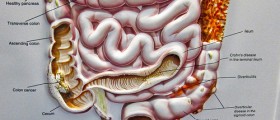
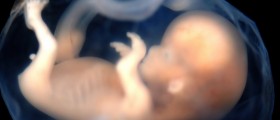
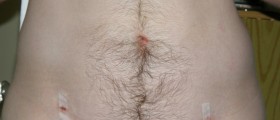
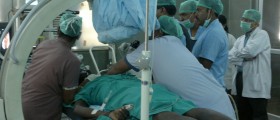

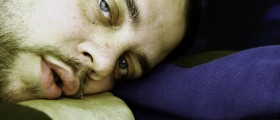
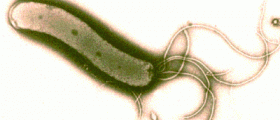
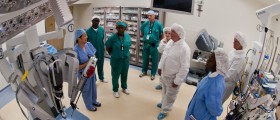
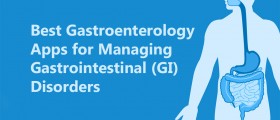

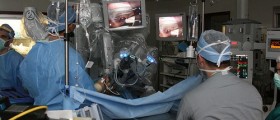
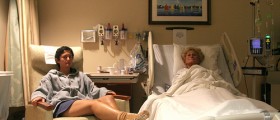
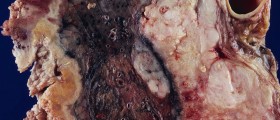
Your thoughts on this
Loading...